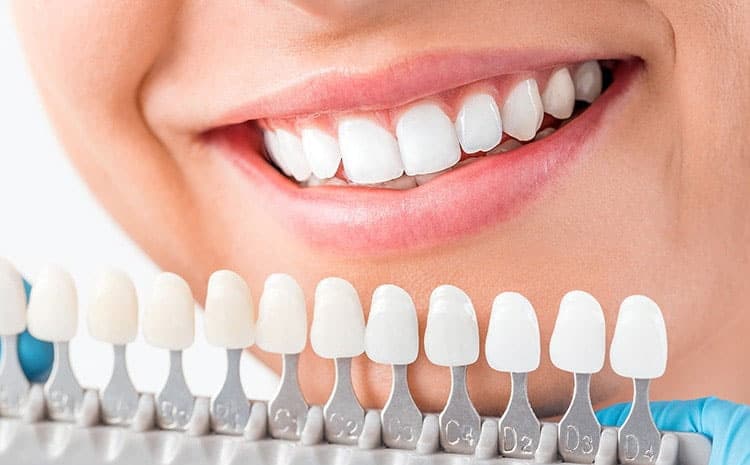The Advantages of Zirconia Dental Implants: A Game-Changer in Dentistry
Zirconia Dental Implants are replacement metal posts that act as artificial tooth roots and are surgically placed in the jawbone below the gums. Dental implants are a durable and permanent tooth replacement option that can last a lifetime, making them an ideal remedy for tooth loss.
Since the 1960s, dental implants have been traditionally made out of a natural metal called titanium. While titanium has proven very effective for dental implants, (long term success rates of 94 to 97%), some people may experience an allergy to the metal. It is important to note that while titanium is the primary material used in metal implants, other metals such as nickel, Iron, Manganese, Chromium , Zinc may also be present and you can be allergic to any of these metals.
Other complications include risk of bacterial infection, gum inflammation, and metal corrosion. In the wake of these issues, Zirconia has emerged as an excellent non-metal alternative to titanium implants. Zirconia comes from the metal zirconium. However,zirconium undergoes an oxidation process that causes a chemical reaction, creating zirconium dioxide, or zirconia. This changes its metal properties and makes it a non-metal material, that is easier to maintain and clean, is corrosion free and reduces the chances of gum bleeding and graying. The FDA approved of the materia in 2011, and it has gained traction ever since.
What makes zirconia ideal for dental implants?
Here are some factors that make zirconia ideal for dental implants.- Biocompatibility: Zirconia is biocompatible since it does not cause any damage to osteoblasts and has no bone reaction. The material also does not cause an inflammatory reaction.
- Osseointegration: Studies reveal that Zirconia implants with modified surfaces result in an osseointegration which is comparable with that of titanium implants.
- Non-reactionary: Zirconia implants is a step towards metal-free dental surgery, and since it is an inert material, it is a great option for people with metal allergies and sensitivities.
- Aesthetic: The white shade of the implant eliminates the risk of dark lines around the gums. With the introduction of two-piece zirconia implants,customisable abutments are now possible, producing the best outcome
Advantages of zirconia dental implants:
- 100% metal free: Those who are allergic to metal are bound to face implant failures if they insert a titanium dental implant. Zirconia dental implants offer a solution to this. They are more resistant to corrosion and since they contain no metal, there are no concerns of battery or galvanic effects. Metal corrosion also causes an unpleasant pungent taste in your mouth, which you do not get when you opt for non-metal zirconia dental implants.
- Strength and durability: Zirconia dental implants are extremely strong and durable and can endure extreme masticatory forces. They offer maximum contact between the teeth and jaw bone allowing more efficient fusing and making sure the teeth do not move from their place.
- Maintaining oral health: Zirconia is less susceptible to plaque and germ buildup, therefore reducing the risk of gum inflammation and tooth decay. They can also be planted immediately after an extraction without the risk of infection.
- Natural aesthetics: Since zirconia dental implants resemble the colour of natural teeth, you will not experience any gray lines around your gum line, as in the case of traditional dental implants.
- Shorter surgery and recovery time: Zirconia dental implants are planted immediately after an extraction without the risk of infection. This reduces the time taken to place a dental implant, which means lesser visits to the dentist and shorter recovery period.
Disadvantages of zirconia dental implants:
- Prone to fractures: While strength and durability are major plus points of zirconia dental implants, they are not indestructible. They tend to be more brittle and prone to fracture than traditional metal dental implants made of titanium.
- Lifespan: Titanium implants can last for 20 years and more. Zirconia dental implants have been around since 1986. Since they are relatively new, their lifespan is yet to be determined. Many patients use these implants successfully without any complications, but the long term picture is still unknown.
- Limitations of one-piece system: The original one-piece design of zirconia dental implants posed limitations in flexibility, especially during the implant placement procedure. The two-piece design however combats this problem.
- Cost: Zirconia dental implants cost more than traditional metal implants. However, considering the health and aesthetic benefits, many consider the higher cost worth it.

